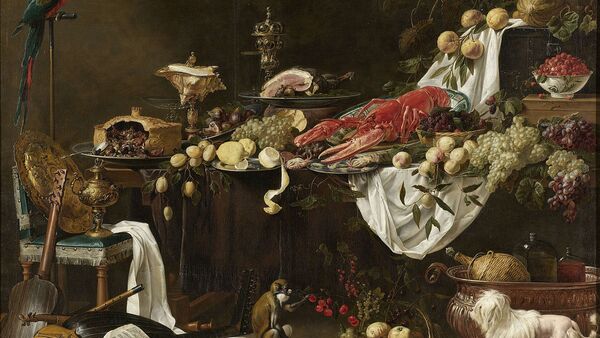Ordinary citizen enjoyed quite advanced food in the Middle Ages, a new analysis of old pots found in Oslo has shown.
The pots were excavated in the 1980s from Oslo's Shoemaker's Quarter, where the city's cobblers lived and plied their trade. They were subsequently analysed for scraps of food in an advanced laboratory in Lyon, France. Most of the pots are made of soapstone and often burst, whereupon the shards were discarded.
The findings surprised the archaeologists themselves.
“We found traces of red wine, fish and root vegetables in the shoemaker's pots' during different periods of the Middle Ages,” professor of archaeology at the University of Oslo Marianne Vedeler explained to national broadcaster NRK. “An Oslo shoemaker from the 13th and 14th centuries made casseroles with red wine. It both surprises me and makes me happy. I had expected that ordinary people ate mostly porridge,” Vedeler added.
According to Vedeler, trade flourished in coastal cities, such as Oslo, Bergen and Trondheim, and citizens of means had a broad assortment of goods to choose from.
“The selection was larger than is what is commonly believed. You could buy different types of meat, fresh fish, stockfish, vegetables, wine, and imported spices,” Vedeler said. Still, she found it surprising that ordinary northerners could afford such advanced foods.
Nevertheless, she assumed that many more than the nobility and the gentry could afford spices toward the end of the Middle Ages for the sake of taste.
“Spices were expensive for a long time. But eventually the price of cloves, pepper, ginger, cardamom and cumin went down, so that ordinary people could afford it,” she said.
Food researcher Annechen Bahr Bugge of the Consumer Research Institute and the author of a book on cuisine from the Middle Ages to our time, suggested that people should be proud of their food traditions.
“Back then many had great knowledge of food. They managed to get a lot out of a little. They had a respect for the food ... we have still a lot to learn,” Bahr Bugge concluded.


